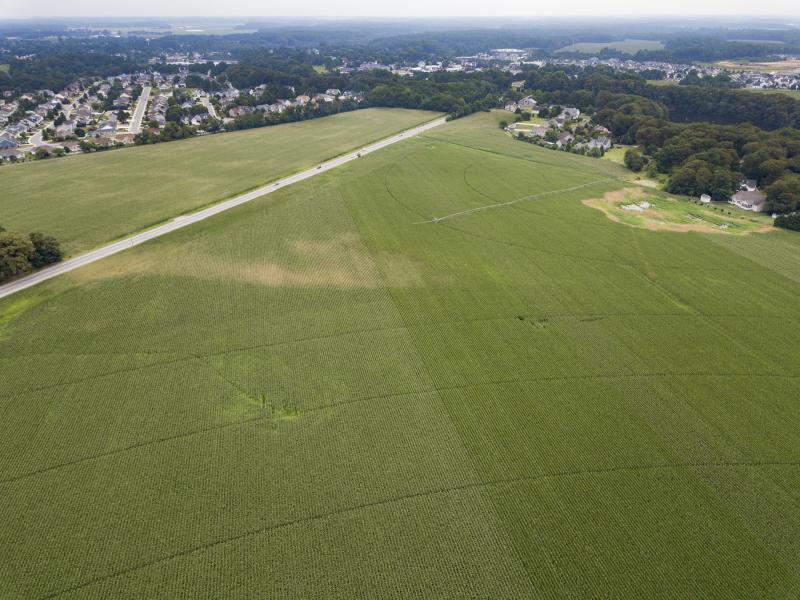Milton council finalizes list of Granary-funded projects
Milton Town Council has closed in on what projects it wants to do with funds raised by the Granary at Draper Farm’s special development district.
At council’s March 4 meeting, Town Manager Kristy Rogers said council needed to trim its list of projects down to three to five that can be started in six months and completed in three years, fitting in with the constraints of the special development district. Rogers said once council narrows its list, she will then move forward with cost estimates. The town will have $1.5 million at its disposal as part of this first portion of funds raised by the Granary special development district, with $1 million coming from the Granary and the town matching $500,000.
Last month, council laid out its list of priority projects, which included paying down debt for recent water infrastructure projects, converting to solar street lights, bathrooms in Memorial Park, a shared-use path between Cannery Village and Heritage Creek, land acquisition, replacing interior water meters, street repairs, a basketball court, and bicycle and sidewalk connections.
Mayor John Collier said council should consider the biggest items as the town’s biggest priorities, since those will not be getting any cheaper. Rogers said some items that are specific to the Granary, like a streetsweeper and maintenance building, are not necessary at this time and can be funded from one of the other two portions of money the town is due to get.
From there, each council member went through their top three projects.
Vice Mayor Lee Revis-Plank wanted to prioritize water meter replacement, paying down debt and doing a pilot program for solar street lights. Councilman Scotty Edler said pay down debt, water meters and a basketball court. Councilwoman Randi Meredith went with the Cannery Village/Heritage Creek walking path, basketball court and Memorial Park bathrooms. Councilman Fred Harvey said water meters, basketball court and land acquisition. Councilman Tom Arkinson and Larry Savage both went with water meters, Heritage/Cannery walking path and land acquisition. Lastly, Collier went with water meters and land acquisition, which would cover both a new police station and the basketball court.
Council’s final list was for the water meter replacement, land acquisition, a basketball court and the shared-use path between Cannery Village and Heritage Creek.
The water meter replacement project became a priority after council passed a resolution mandating residents with inside water meters must relocate them to an outdoor pit. About 100 properties have indoor water meters, which was an old industry standard practice. After council received pushback from residents due to the estimated $3,000 or more it would cost to move the meter outside, council members have sought a way for the town to pay for the project.
The special development district is a special tax levy to be paid by Granary residents only. The town would agree to issue special obligation bonds – bonds that officials from developer Convergence Communities say are backed by Granary residents, not the town – up to $42 million. The proceeds from that tax will be put into a special fund to be used for public infrastructure improvements within and potentially outside Granary.
The special tax does not preclude Convergence from paying town-required performance bonds, which set aside money to ensure roads and other infrastructure are completed.
Convergence has agreed to give the town up to $5 million from proceeds raised by the special development district to use on other infrastructure projects.
The town has three years to spend the money or it reverts back to Convergence.
The Granary at Draper Farms is proposed as a 1,350-unit development on a 450-acre parcel on Sand Hill Road. The build-out is scheduled to take place over 20 years in 10 sections, with the first section already having received preliminary site-plan approval from the planning and zoning commission. The development will be mainly residential, but some small commercial development is planned. Phase 1 of the project has already received preliminary site-plan approval and is expected to break ground later this year. Phase 1 of the Granary is planned for the northwest corner of the property off Sand Hill Road and would include 175 units.




















































